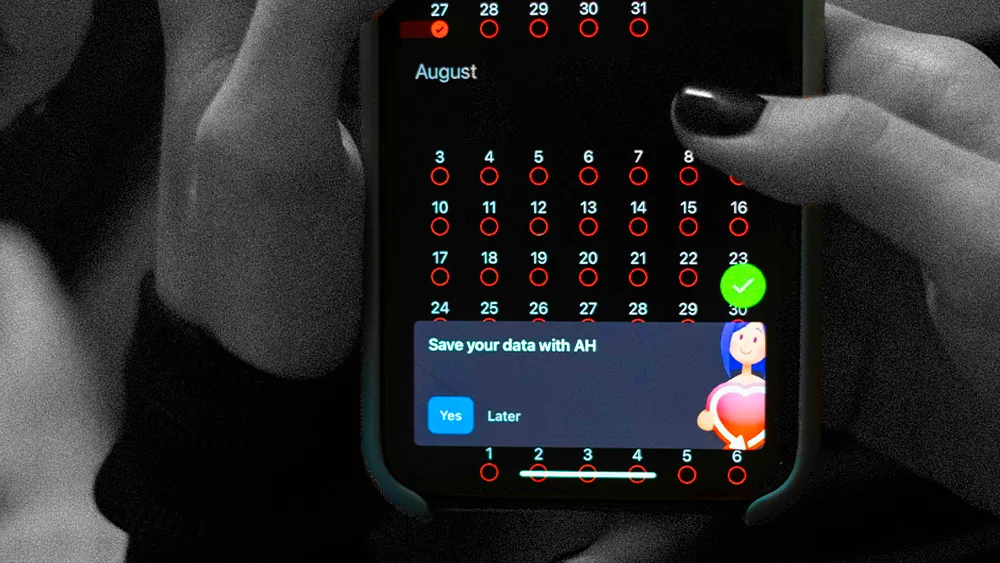Tammy Resko’s 12-year infertility journey, marked by profound loss and isolation, led to an awakening and a new purpose: coaching others on their fertility journeys.
A pivotal doctor's apology highlighted the importance of patient self-advocacy and the need for clinicians to trust patient intuition.
Resko emphasizes the critical need for individuals to reclaim their identity and self-worth, which often erodes during all-consuming fertility treatments.
Resko calls for more human-centered care in fertility clinics and workplaces, urging for better mental health support and understanding.
Infertility exacts more than a biological toll; the identity crisis and the profound isolation it breeds are the true, often unseen, hardships. But for some on their own fertility journeys, unmet needs and personal loss have given them a new sense of purpose to create the support systems they wish they had.
Tammy Resko is a certified Fertility Life Coach, Reiki practitioner, and the founder of Graceful Growth, a Canadian-based fertility coaching service. Her own arduous 12-year experience with infertility inspired the service, which provides emotional support and personalized guidance, integrating mind, body, and spirit approaches to help those navigating fertility challenges.
Awakening from anguish: "After my miscarriage, I took time to reflect, grieve, and reconnect with myself. That's when I had an awakening, a feeling that there was something more to my journey, something bigger," Resko shares. She recalls a particularly traumatic early miscarriage experienced at work, a moment of acute vulnerability where she felt compelled to suppress her own crisis to assist a coworker. "Looking back now, I said, 'I shouldn't have done that'. I should have put myself first," she reflects. This period of intense grieving and introspection sparked a deep intuitive calling. "With a lot of reflection, meditation, and connecting spiritually, I got my answers. I realized I was going through this journey to help other women because, at the time, I had no support."
Doctor's mea culpa: A turning point in Resko's experience showed her the power of self-advocacy and highlighted a need to reshape patient-doctor dynamics. After one unsuccessful IVF round where she felt her concerns about egg quality over quantity were dismissed, the specialist offered a rare admission. "He apologized—the first time I ever had a doctor apologize and take accountability for not listening," she recounts. The doctor told her, "I am so sorry I didn't listen to you. This is a learning experience for me; I need to trust my patients because they know their body more than I do." The apology was not just personal validation for Resko; it revealed a stark lesson about the medical system.
Beyond the baby quest: "I lost myself because I allowed this journey to consume me. This was all I thought about, all I did," she admits. "A lot of times with my coaching, it's about helping clients who don't know who they are anymore. They've lost themselves completely," Resko notes. "Me becoming a coach is helping women not lose themselves, to remind them of the power they hold within, that their fertility journey does not define who they are whatsoever."
More than a number: Feeling like just 'a number' in these and other experiences fuels Resko's push for more human-centered clinic care and increased workplace support. "Clinics need to check in with their patients more about their mental health, especially after unexpected news, instead of just a call or email, which is so impersonal," she urges. "I know that would help patients not feel so much like a number." She believes a simple five-minute check-in, or staff focused on patients' emotional well-being, could greatly enhance their experience. Her advocacy extends to the workplace, urging policies that foster understanding there. "If I had a wand, I'd change workplace policies to offer more support. If employers just took five extra minutes to genuinely check in, it would be so helpful for that individual going through it."








